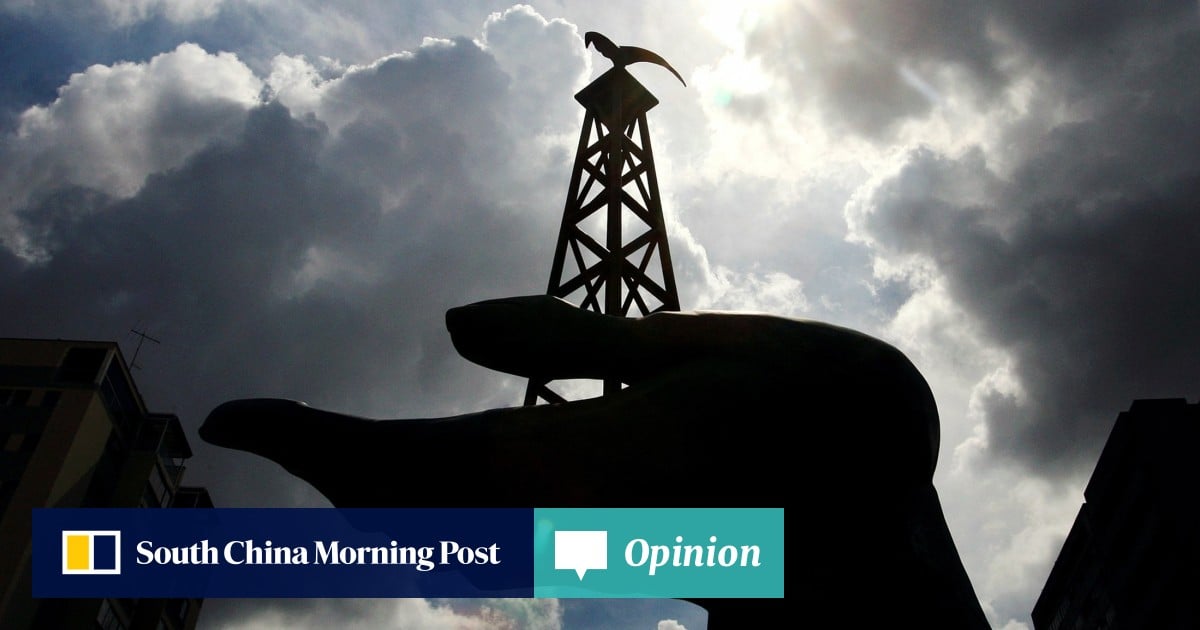This comes even as prices of industrial minerals such as copper and zinc have bubbled up to multi-month highs, while searing weather threaten food output. For most of Asia, it means the prospect of inflation is a real worry.
Will another year of volatility sound the death knell for Asian small and medium-sized businesses that are already stretched to their limits?
The answer will probably depend on their respective governments’ response to aid their survival and how these firms navigate these geopolitical tensions.
Asia is expected to remain the sweet spot for global growth in coming years, but a January survey by global accounting firm PwC showed that nearly two-thirds of Asia-Pacific CEOs were not confident of their long term survival despite rejigging their business models.
The sky’s the limit? Start-up doyens back Vietnam to survive funding winter
The sky’s the limit? Start-up doyens back Vietnam to survive funding winter
Big companies will be in a better position to dig their heels in because of stronger access to long term capital, but small and medium-sized firms are likely to find it tough to secure more credit, especially during times of volatility.
Many small and medium-sized businesses have pinned their hopes on their central banks easing interest rates this year, after following the US Federal Reserve in a rate hiking cycle that started two years ago.
Yet there are doubts on Asian countries following through with interest rate cuts this year, if inflation nudges up.
“Central banks often don’t pay attention to the source of inflation. Why should they keep rates high if it’s a supply side problem?” said Biswajit Dhar, vice-president at the India-based Council for Social Development.
Asian economies must go green to keep their competitive edge
Asian economies must go green to keep their competitive edge
Higher interest rates are only going to push up costs that add to more inflation, he said. Many governments are debt stressed, but if geopolitical tensions worsen, authorities will have to loosen their purse strings to ensure the viability of smaller firms, Dhar said.
Many small and medium-sized businesses that experienced bumper sales during the pandemic years will probably have to prepare for slimmer margins to tide them through this period of volatility.
If market conditions permit, they could even tap equity markets for raising funds by offloading a portion of their shares.
Cedomir Nestrovic, a professor of geopolitics and Islamic business at France-based ESSEC Business School, reckons that the chance of the Israel-Iran conflict blowing up further are low because the stakes are too high for both sides and the rest of the world.


